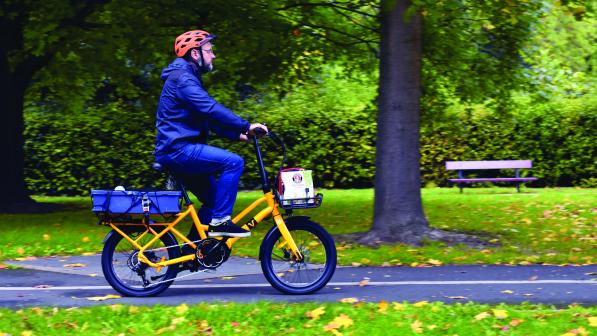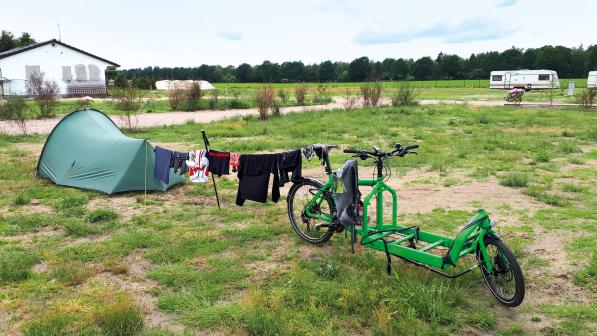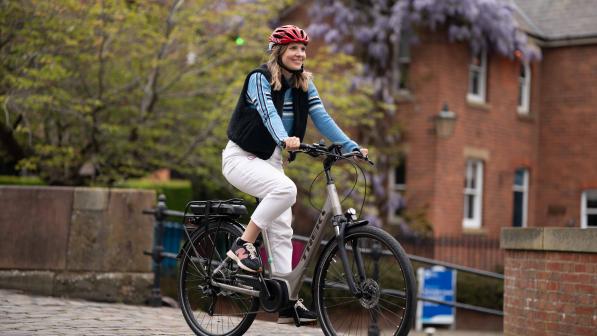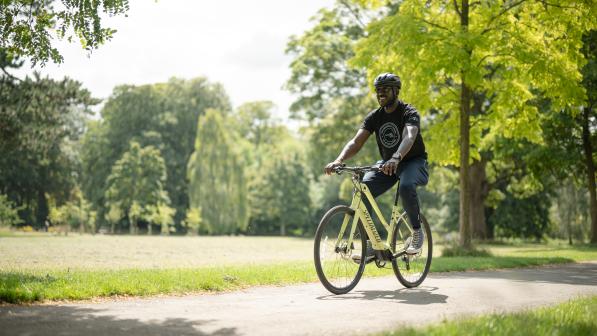E-cargo bikes lead the way in Colchester

On Tuesday May 24, the Essex E-cargo Bike Revolution provided an insight into the versatility of e-cargo bikes and their ability to carry heavy or bulky loads, making them a practical mode of transport.
The event, which was partially organised by Raleigh, gave industry leaders the chance to share the benefits of e-cargo bikes with attendees. E-cargo bikes are revolutionary in that they have the ability to reduce costs and replace over 50% of urban transport related trips meaning they contribute to net zero targets.
Since receiving funding from the Department for Transport’s (DfT) e-cargo bike grant fund and Energy Savings Trust, Colchester Borough Council introduced e-cargo bikes to local businesses in Colchester.
Emily Harrup, transport and sustainability officer at Colchester Borough Council commented:
“We had always thought e-cargo bikes offered massive potential to businesses and residents to reduce their car use as it addressed the barriers of carrying children and bulky heavy items, but until the DfT and Energy Savings Trust bid opportunity came up we didn’t have the funding to get something started.
“If we want to see mass take up of e-cargo bikes to replace day to day car journeys by people who are not confident cyclists, we need to invest in high quality, continuous and segregated cycle routes.”
Since the scheme began, five retailers have loaned 25 e-cargo bikes which has allowed them to demonstrate the viability of e-cargo bikes for everyday journeys.
Lee Pugh, founder of Colchester E-cargo Bike Delivery Project said:
“We have an opportunity to demonstrate what can be achieved with cycling infrastructure which is already [in place]. We’re doing the best that we can with the resources we have, however if infrastructure was improved just imagine what else we could achieve.
“The biggest challenge [for e-cargo bike users] is other road users and the fact that drivers often believe that the roads belong to them. Often they believe that [e-cargo bikes] should be riding in the gutter.”
Sales of e-cargo bikes are expected to rise by up to 60% in the year ahead according to the Bicycle Association.
Jenny Box, deputy director of Making cycling e-asier said:
“E-cargo bikes and e-cycles are an excellent mode of transport which often allow users to save on travel costs while contributing towards positive physical and mental health. The extra assistance they offer is great for steeper hills and longer journeys.
“By choosing an e-cargo bike or e-cycle as an alternative to a vehicle, people can cut down on pollution helping to improve air quality and the environment. Those travelling at rush hour can often reach their destination faster than if they were to sit in traffic.”
As part of the Making cycling e-asier scheme, e-cargo bikes and non-standard e-cycles will be available for free loans in locations across England.



